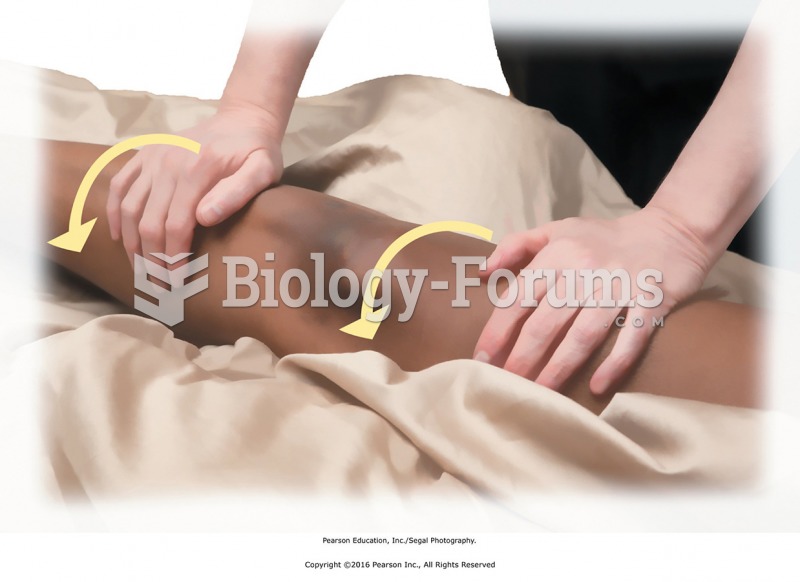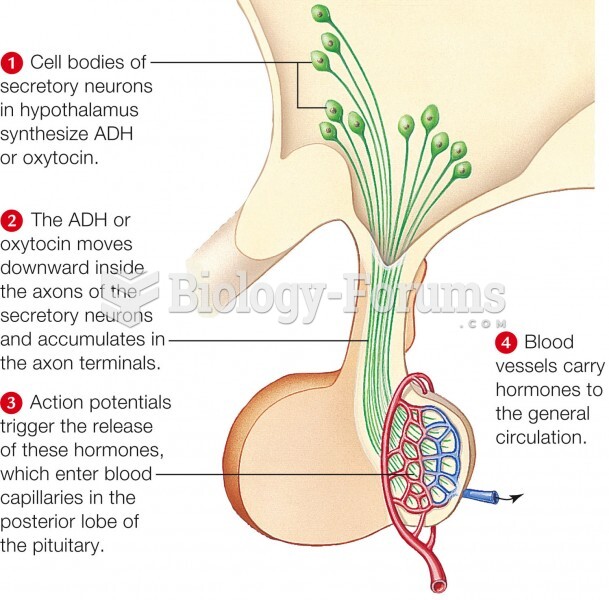Answer to Question 1
Answer: D
Explanation: A) Incorrect. Statement 1 is correct. When teams function effectively, team members desire to associate with that team because of the advantages they receive from membership. Statement 2 is correct. Members of effective teams have a high level of trust and are interested in the successes of others. Statement 3 is incorrect. In effective teams, members care for and nurture one another, even if the other members are not performing up to expectations.
B) Incorrect. Statement 1 is correct. When teams function effectively, team members desire to associate with that team because of the advantages they receive from membership. Statement 2 is correct. Members of effective teams have a high level of trust and are interested in the successes of others. Statement 3 is incorrect. In effective teams, members care for and nurture one another, even if the other members are not performing up to expectations.
C) Incorrect. Statement 1 is correct. When teams function effectively, team members desire to associate with that team because of the advantages they receive from membership. Statement 2 is correct. Members of effective teams have a high level of trust and are interested in the successes of others. Statement 3 is incorrect. In effective teams, members care for and nurture one another, even if the other members are not performing up to expectations.
D) Correct. Statement 1 is correct. When teams function effectively, team members desire to associate with that team because of the advantages they receive from membership. Statement 2 is correct. Members of effective teams have a high level of trust and are interested in the successes of others. Statement 3 is incorrect. In effective teams, members care for and nurture one another, even if the other members are not performing up to expectations.
Answer to Question 2
Answer: TRUE
Explanation: Some cultures (like the United States) emphasize short-term time frames, while others emphasize long term future time frames. Because Japan focuses on longer time horizons, Japanese culture is more willing to invest in relationship building before moving to task accomplishment.







